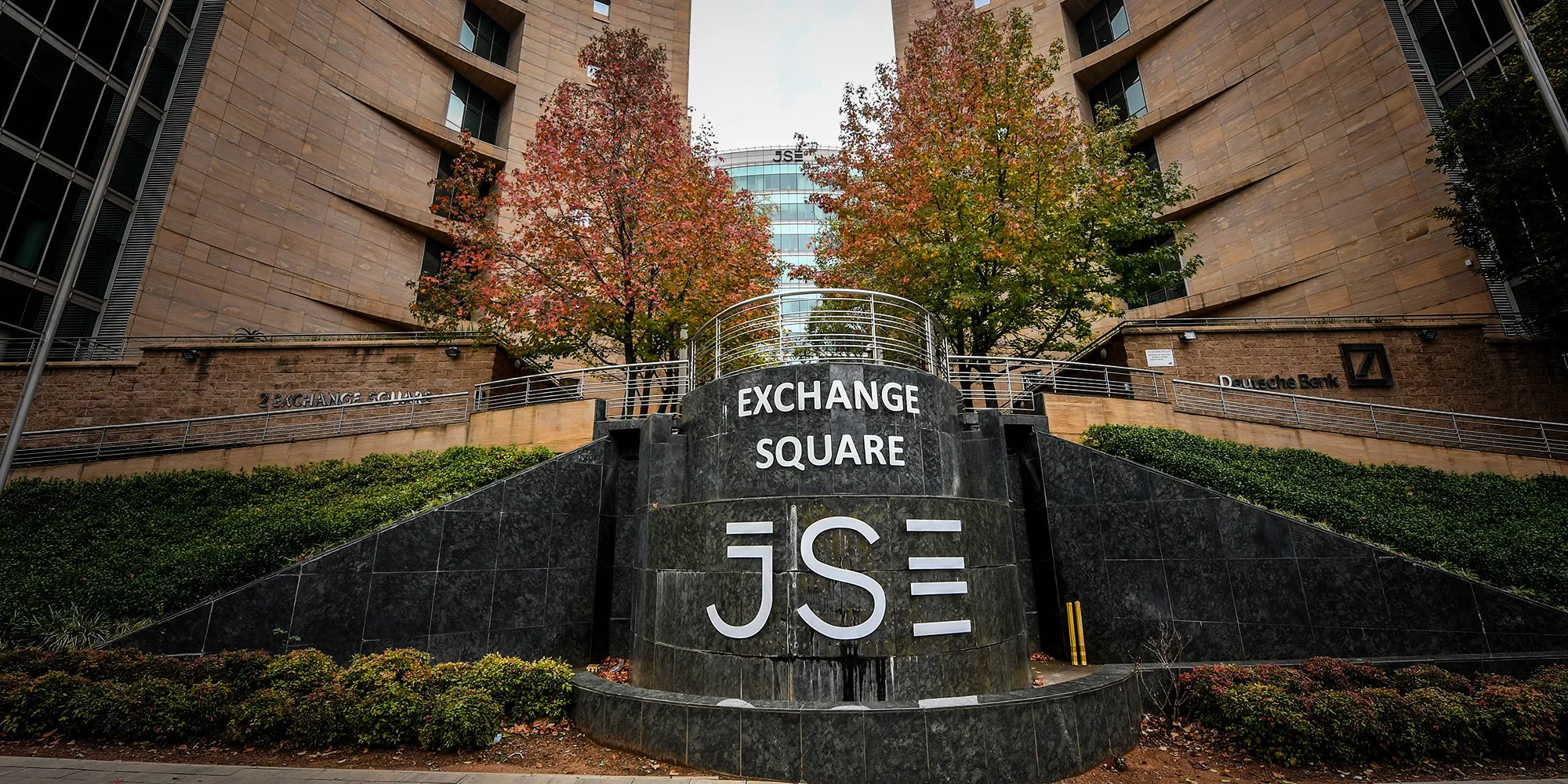
South African stocks have lost $3.7 billion in a row because of buyers from other countries
The continent’s largest equity market is struggling to draw in foreign portfolio flows, and since October, foreign investors have withdrawn $3.7 billion out of South African stocks, the longest such outflow in five years, according to a research.
According to calculations made by the Institute of International Finance, foreign investor trust in stocks listed in the most developed country in Africa has been shaky for years. Since 2022, equities have experienced yearly outflows.
However, according to the IIF, the most recent trend represents a significant increase, clocking in at twice the $1.9 billion in outflows during 2023 and 2024.
Analysts warned that even though stocks are trading at discount levels, South Africa could lose out on global fund managers’ plans to reallocate to non-growing economies outside of the U.U.
“South Africa isn’t necessarily the top choice for investors seeking to diversify outside of the United States,” said Graham Tucker, portfolio manager at Old Mutual Investment Group.
The local market was “relatively cheap,” he continued, but that was due to a decade of slow growth and falling per capita income.
Since October, outflows from emerging equities as a global asset class have increased. That changed in May, however, when IIF statistics showed that major emerging stock markets from Taiwan to South Korea and from Brazil to Turkey drew new inflows.
Particularly positioned to profit from the changes in the U.S. market are Latin American nations.
Although the Johannesburg Stock Exchange has witnessed increased investment volumes in recent weeks, the bourse’s data indicates that rising sales are outpacing rising purchases.
Only Greece, Spain, Germany, and Italy have outperformed South African stocks, which have produced a 29% return in dollar terms so far this year, according to Bank of America.
According to JSE data, non-residents purchased almost 30 billion rand worth of South African stocks in the week ending last Friday, the greatest weekly value in years. However, this was also accompanied by a significant selling of 24.70 billion.
The net sales by non-residents this year have totaled $5.9 billion, which is a billion more than at the same time period in 2024.
“If anything, foreign investors act like vacationers.” Without long-term policy stability, they won’t stay, but they will come for a trade, particularly in gold equities when the commodity runs,” Tucker said.
According to Nedbank analyst Isaac Matshego, as the country’s growth fundamentals have not substantially improved, higher offshore volumes primarily reflect global uncertainty.
The country’s first quarter GDP stalled, according to data released last week by the statistics department. This was mostly due to six consecutive months of declines in the mining and manufacturing industries.
All Categories
Recent Posts
Tags
+13162306000
zoneyetu@yahoo.com


